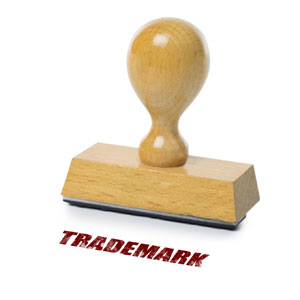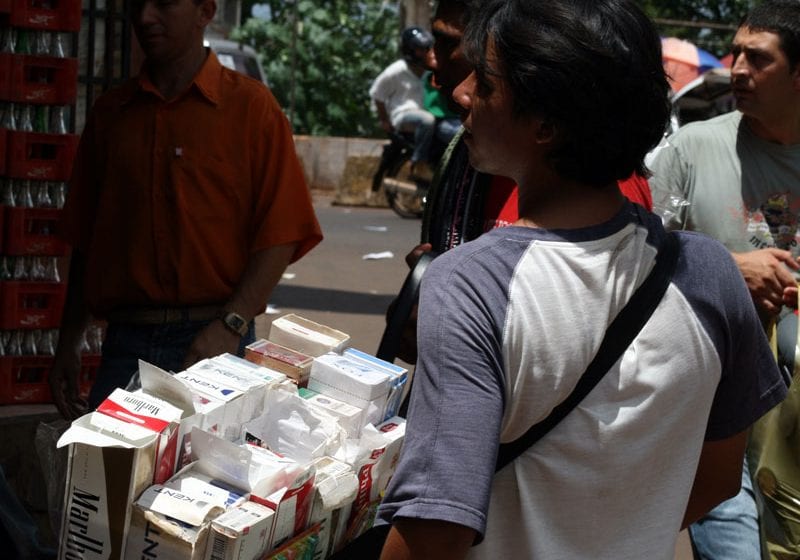The EU has been asked to exclude tobacco lobbyists from influencing policy positions on international trade during talks with countries of South and Central America.
In a note posted on its website, the European Public Health Alliance (EPHA) said that it, along with Latin American and global partners, had written on Thursday to the EU Trade Commissioner Cecilia Malmström and First Vice-President Frans Timmermans asking them to put health ahead of the interests of the tobacco industry in the EU’s trade negotiations with Mexico, Chile and the Mercosur trade bloc of Argentina, Brazil, Paraguay and Uruguay.
‘Together with the global Campaign for Tobacco-Free Kids, Healthy Latin America Coalition (CLAS), InterAmerican Heart Foundation and NCD Alliance we call on the EU to publicly change its stance, drop tobacco as an EU “Offensive Interest” in its negotiations with Mercosur and commit to exclude tobacco lobbyists from influencing policy positions on international trade,’ according to the note, written by George Thurley, policy officer healthy trade and food, drink and agriculture.
‘This scandal is highlighted in EPHA’s new report, Unhealthy Trades, along with eight other areas of trade with potentially crucial impacts on public health. The risk to public health is high, both for Europeans and for partner countries, particularly from lowered tariffs and standards and increased foreign direct investment in tobacco but also foods high in fat, salt and sugar, processed meat and alcohol, weak wording on food labelling, over-stringent intellectual property rights, weak support for the precautionary principle and inadequate and side-lined (sustainability) impact assessment processes.’
Nina Renshaw, EPHA secretary general, said that by pushing tobacco interests in negotiations with Mercosur, the European Commission was betraying its own commitments and those of EU governments to the World Health Organization’s Framework Convention on Tobacco Control. “This approach will burden our trading partners with chronic diseases, such as respiratory and cardiovascular diseases and cancers, and undermine their sustainable development,” she was quoted as saying. “We have to call out Commissioner Malmström for damaging public health and sustainable development by prioritising the interests of the tobacco lobby.”
The note said that the signatories to the open letter called for the Commission, by May, 31, World No Tobacco Day, to:
- ‘Publicly commit to kick tobacco lobbyists’ influence out of all current and future EU trade negotiations;
- ‘Drop tobacco as an Offensive Interest in EU-Mercosur and never again identify it as such;
- ‘Strengthen the timely impact assessment of EU Free Trade Agreements (FTAs) by introducing a binding health impact assessment (HIA) and ensure all deals are amended on the basis of the findings of binding sustainability impact assessments (SIAs)’.
‘We expect a positive response from the Commission in line with their longstanding international commitments to the Framework Convention on Tobacco Control and the Sustainable Development Goals – which the EU has championed,’ the note said. ‘These steps are a necessary minimum to ensure that EU trade policy does no harm to public health at home or around the world.’


